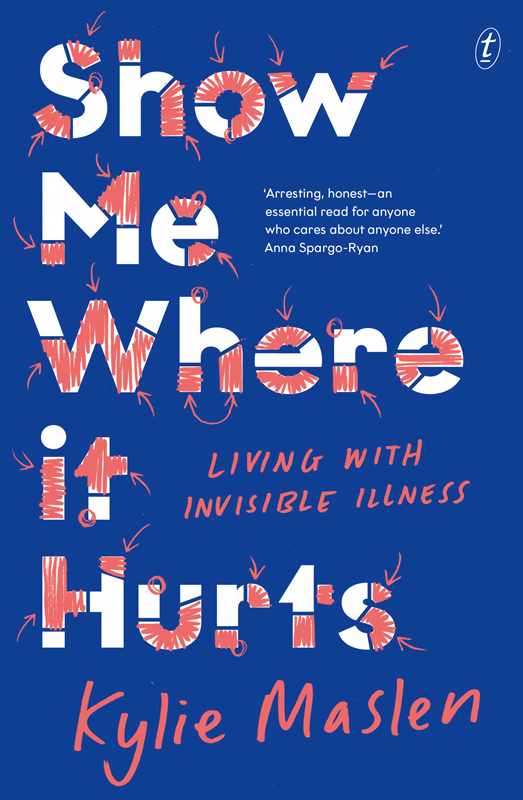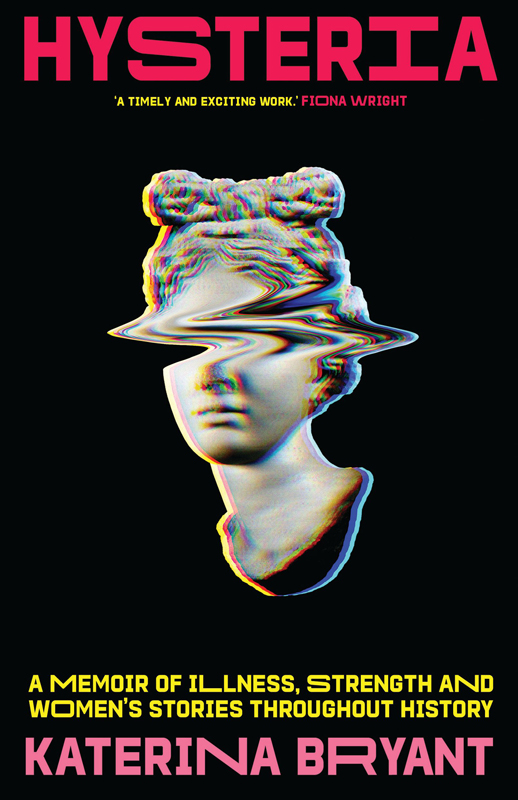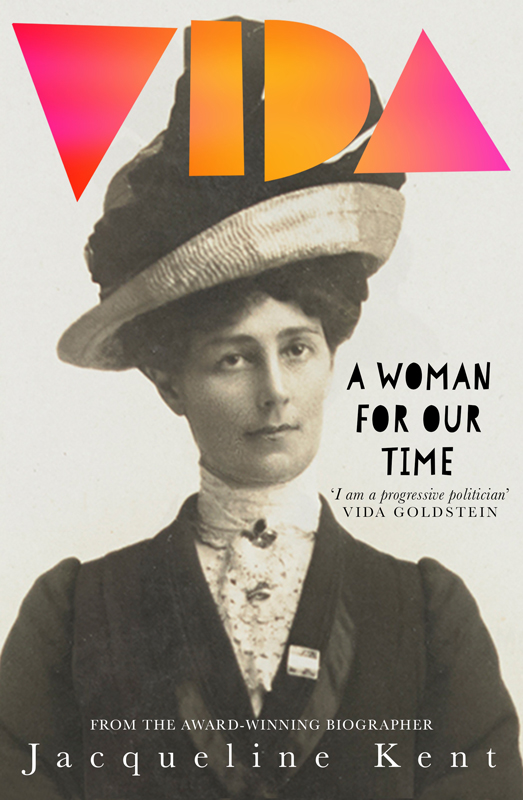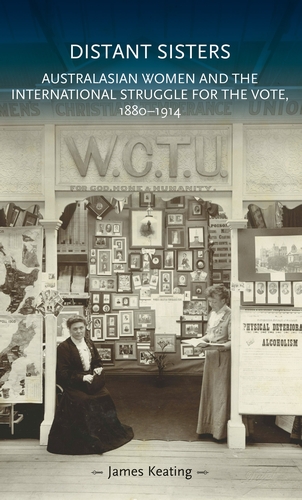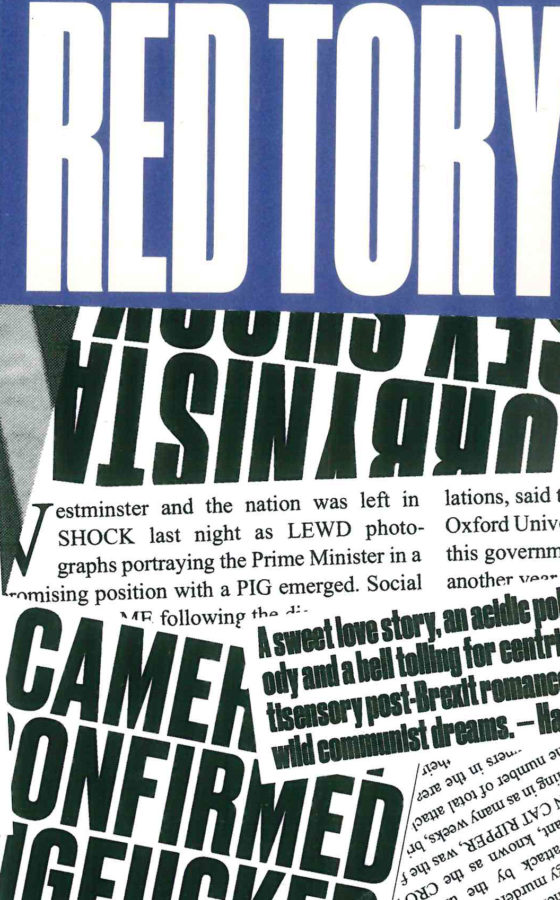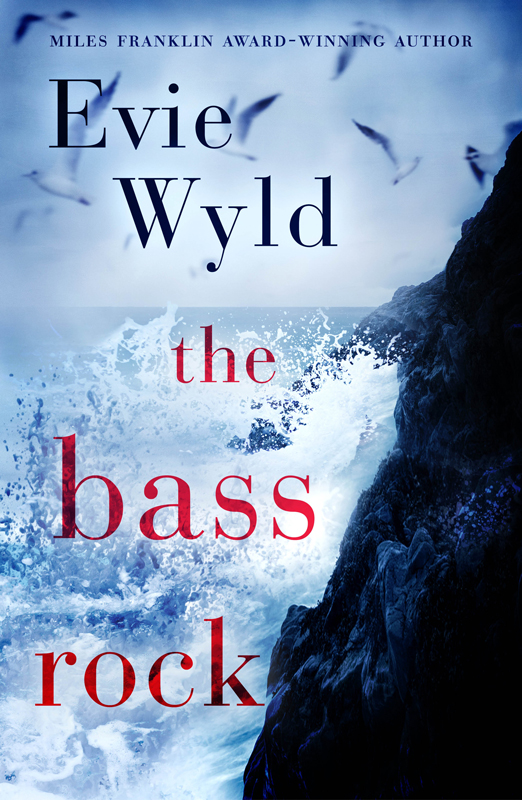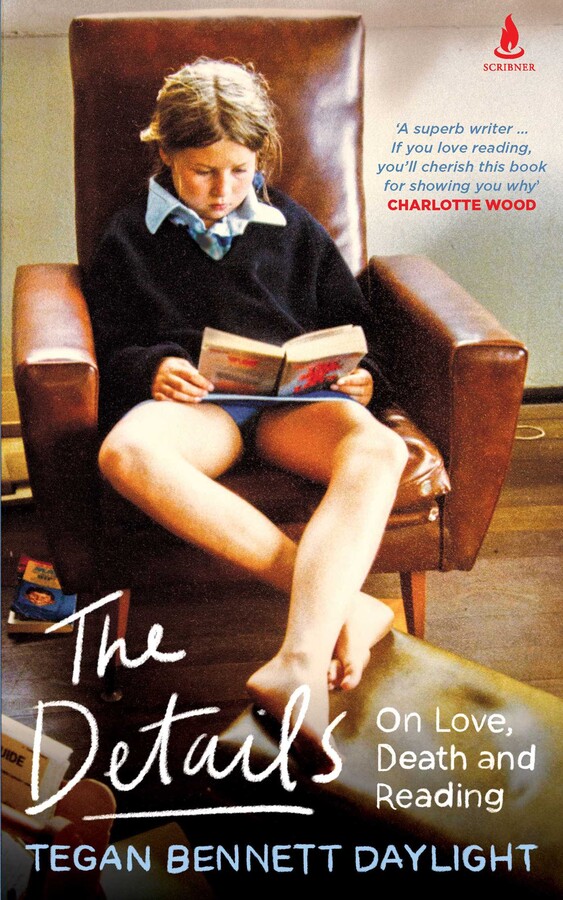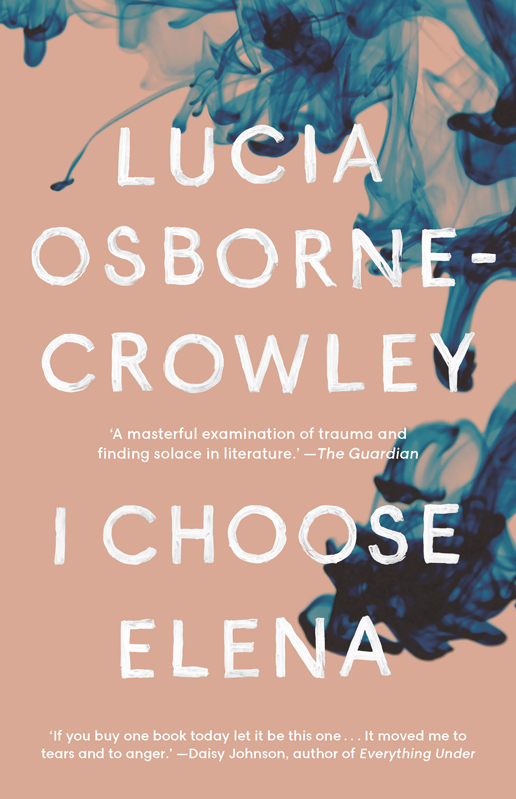Gender and sexuality
Unwriting Restraints
Wordiness, perhaps even more than visual cultural forms, can prolong and extend the suspension of knowledge about gender identity, in ways that makes it possible to glimpse how gender identity of the binary kind is a kind of shortcut, and even a forfeiture in the face of gender’s multiple possibilities.
Rebel Bodies
These books lay bare the exhaustion occasioned by capitalism’s resource extraction, the unyielding walls of our workplaces and institutions, and the misogyny, latent or overt, of medical practice. In writing of their chronic and mental illnesses, the authors rupture the narrative that a successful body is a well body, and open a space for new and original accounts of how those bodies mediate the world.
Counter-Erotics
The novel’s central love arc (between a two-party leftist and a ‘radical’), and the centrist protagonist’s personal chem-sexual odyssey towards a revolutionary politics, sketches out an account of what a Marxist, or communist, sexuality could be like in pretty specific terms.
‘I Need My Literature to Know About it’
What becomes evident is not so much a portrait of Daylight as a reader, but her skill as a critic, her ability to distill enough detail from a work to understand – and convey something of – its essence, to trace the author’s thinking and engagement with the world.
